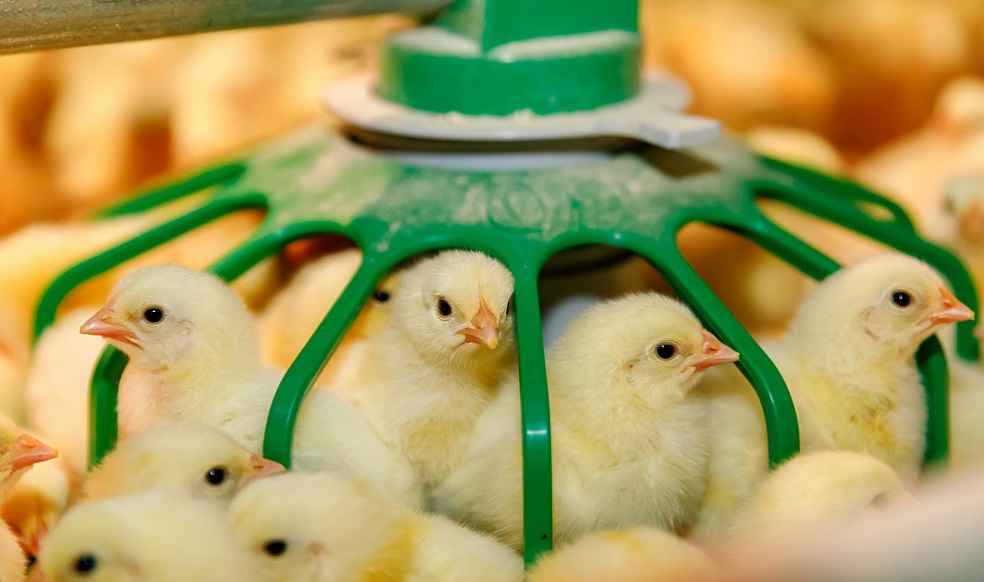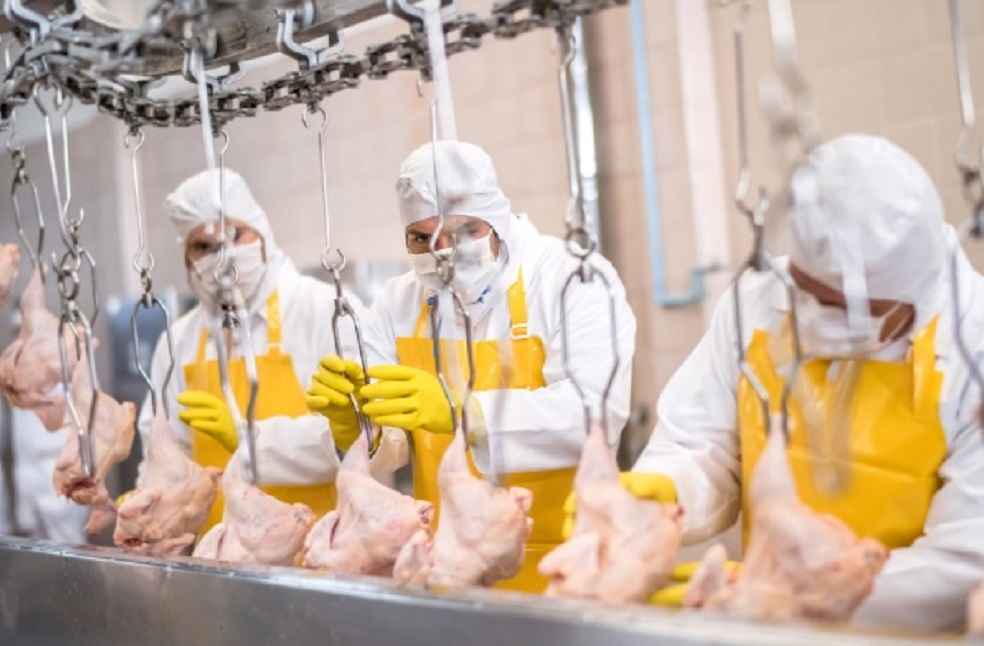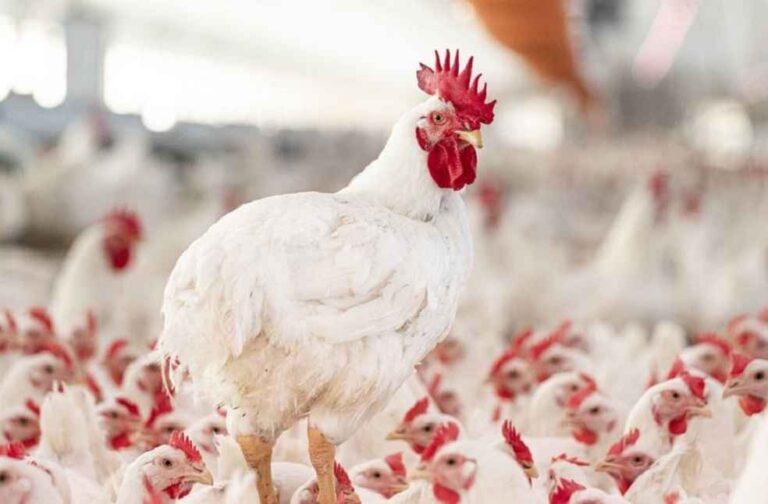Thailand is preparing to expand its chicken exports following a temporary poultry ban on Brazil by China and the European Union, triggered by a confirmed outbreak of highly pathogenic avian influenza (HPAI) at a Brazilian farm.
Brazil, the world’s leading poultry exporter, shipped over 793,000 tons of chicken to China and the EU last year, nearly 15% of its total poultry exports, according to the Brazilian Association of Animal Protein Exporters. With both markets halting imports as a precautionary measure, Thailand sees a strategic opportunity to fill the supply gap.

Somchuan Ratanamangkalanont, Director General of Thailand’s Department of Livestock Development, confirmed that the HPAI outbreak in Brazil has been officially recognized. In contrast, Thailand has remained free from avian influenza for more than a decade. Since 2014, the country has maintained rigorous disease prevention protocols that are internationally respected.
Thai poultry producers are now being urged to strictly follow biosecurity protocols, especially during periods of unpredictable weather. The government has implemented multiple layers of defence to protect against outbreaks:
Enhanced biosecurity systems: Farm entry and exit are tightly controlled, with mandatory cleaning, disinfection, and equipment sanitation. Poultry waste and carcasses are handled and disposed of under strict supervision.
Closed farming systems: In line with World Organisation for Animal Health (WOAH) standards, Thailand employs integrated systems that cover feed production, poultry farming, and processing, ensuring constant health monitoring.
Active and passive surveillance: Regular health checks are mandatory, and any abnormal signs must be immediately reported. Ongoing training supports farmers in disease detection and prevention.
Strict poultry movement control: Movements of all poultry are closely monitored, and imports from countries with known outbreaks are banned.

Rapid culling measures: In cases of suspicious deaths, swift culling and disposal are enforced to prevent potential spread.
Dr Somchuan highlighted that Thailand’s disease control strategy is built on a collaborative ‘One Health’ framework, involving both public and private sectors. This holistic approach encompasses not only poultry but also swine, cattle, and small ruminants, helping to safeguard the country’s reputation as a reliable, disease-free agricultural exporter.
BUSINESS GENERAL | SME Manufacturers & Exporters Summit at Coimbatore on June 5



